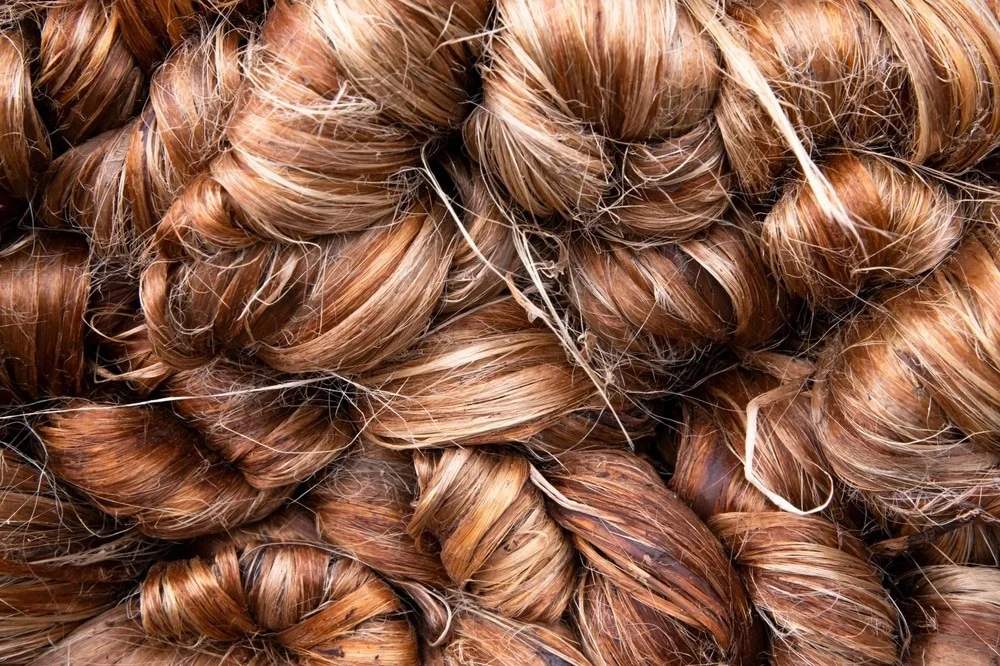The Remarkable Mesta Jute: A Comprehensive Guide
Introduction
Mesta jute, distinguished as a unique variety of the renowned “Golden Fibre,” occupies a significant niche within the realm of jute cultivation and production. Renowned for its exceptional strength, durability, and versatility, mesta jute has garnered acclaim as the preferred choice for a multitude of industrial applications. Its robust fibres lend themselves seamlessly to various uses, ranging from the production of sturdy sacks and packaging materials to the creation of high-quality textiles and handicrafts.
Mesta’s resilience and adaptability make it an invaluable resource for industries seeking sustainable and eco-friendly alternatives to synthetic materials. With its enduring legacy and manifold applications, mesta jute continues to enrich the global market, embodying the enduring allure and utility of the “Golden Fibre” in modern industrial contexts. In this comprehensive guide, we delve into the unique characteristics, cultivation methods, utilisation, and significance of this species of jute in the global jute industry.

Contents
Overview of Mesta Jute
Key Facts and Figures
Significance of Mesta Jute
Mesta holds immense economic, social, and environmental significance within the jute industry and beyond. Its robust fibres have paved the way for sustainable solutions in packaging, construction, agriculture, and other sectors, offering a renewable and biodegradable alternative to conventional materials. The resilience and versatility of Mesta fibres contribute to their enduring popularity and their role as a vital component of the global jute market.
Conclusion
Mesta jute stands as a testament to the inherent strength, sustainability, and versatility of the jute plant, embodying the rich heritage and potential of the “Golden Fibre.” From its cultivation in lush jute fields to its transformation into durable fibres for a myriad of applications, mesta jute remains a cornerstone of the jute industry, driving innovation, sustainability, and economic growth.
By understanding the unique characteristics and significance of Mesta jute, we gain a deeper appreciation for this exceptional variety and its enduring impact on industries, communities, and the environment. MASK Associates has a wealth of information and expertise regarding the cultivation and production of Mesta jute and jute-based products. For more information on how we can service your jute needs, visit our corporate site.
